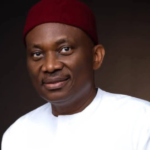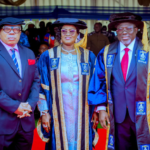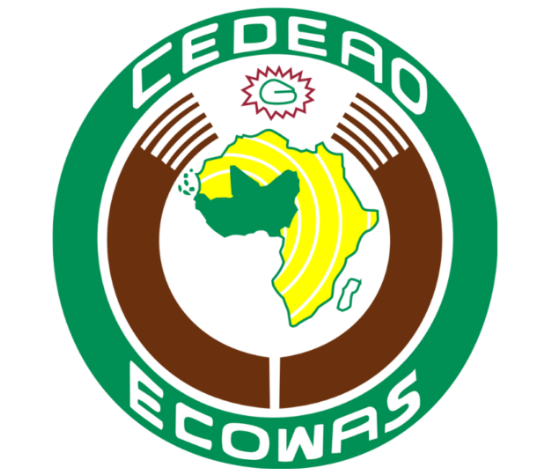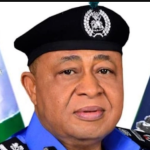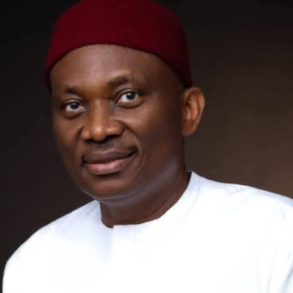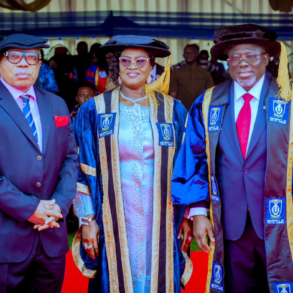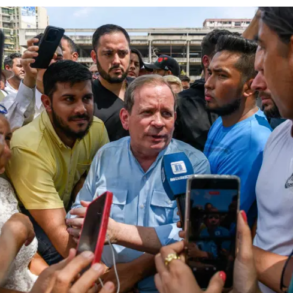The Parliament of the Economic Community of West African States (ECOWAS) has once again expressed deep concern over the withdrawal of Burkina Faso, Mali, and Niger from the regional bloc, describing the departure of the three Sahel nations as a serious challenge to the cohesion and future of West African integration.
During the closing ceremony of a five-day delocalised meeting held in Banjul, The Gambia, Senator Edwin Melvin Snowe Jr., Chairman of the Joint Committee on the meeting, appealed passionately for the return of the estranged countries, citing the profound political, economic, social, and humanitarian repercussions of their exit.
“We want you back. Let us come together as a team. No matter what, we agree to disagree,” Senator Snowe Jr. said during a press briefing, emphasizing the urgent need to restore unity and preserve the hard-won gains of regional cooperation achieved over the past five decades.
The three countries—Burkina Faso, Mali, and Niger—formally announced their withdrawal from ECOWAS earlier this year, following escalating tensions with the bloc over what they described as deviations from ECOWAS’s founding principles and undue interference, particularly in the form of sanctions in response to military coups.
Senator Snowe Jr. warned that the continued absence of these key Sahelian states could severely impact regional stability and hinder socio-economic development efforts, especially for vulnerable populations within and beyond their borders.
Echoing this sentiment, Hon. Veronica Sessay, Chairperson of the Committee on Social Affairs, Gender, Women in Parliament, and Persons with Disabilities, made an emotional appeal to the governments of the three countries to reconsider their decision for the sake of unity and shared progress.
“We need you people—Burkina Faso, Niger, and Mali. We are a bloc. We should be working together,” she stated. Sessay, who also leads the ECOWAS Female Parliamentarian Association (ECOFEPA), drew on past examples of solidarity, referencing ECOWAS’s crucial interventions during the civil wars in Liberia and Sierra Leone as evidence of the bloc’s enduring value.
“When there is a problem, who faces the bulk of it? It’s women and children,” she added, urging the departing states to weigh the disproportionate burden of conflict on the most vulnerable segments of society.
Hon. Zainab Gimba, another committee member, closed the session by expressing heartfelt gratitude to the government and people of The Gambia for their hospitality and commitment to regional dialogue.
“We hold in high regard the invaluable and decisive role that the Republic of The Gambia continues to play in advancing regional integration and development within ECOWAS institutions,” Gimba said.
As the ECOWAS Parliament continues to navigate this period of uncertainty, its members remain resolute in their call for renewed dialogue, reconciliation, and the preservation of regional solidarity in the face of mounting geopolitical and security challenges.

